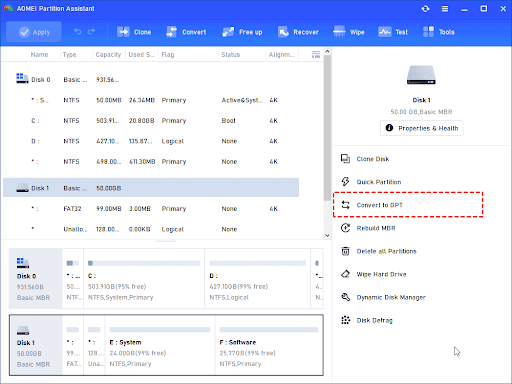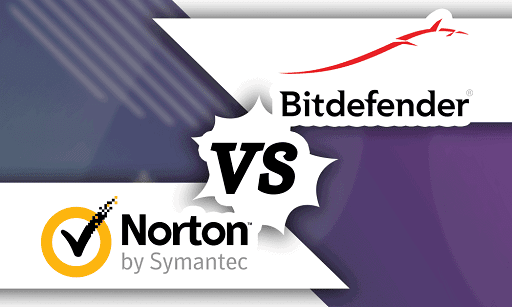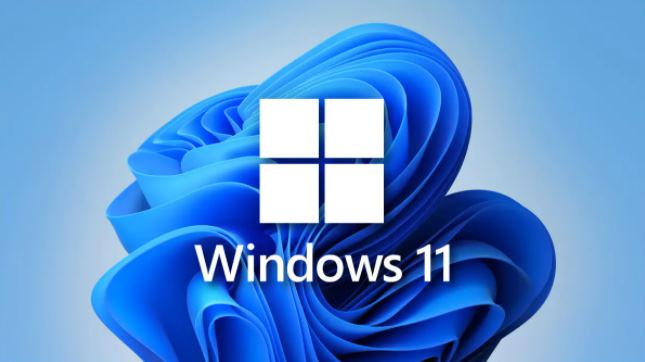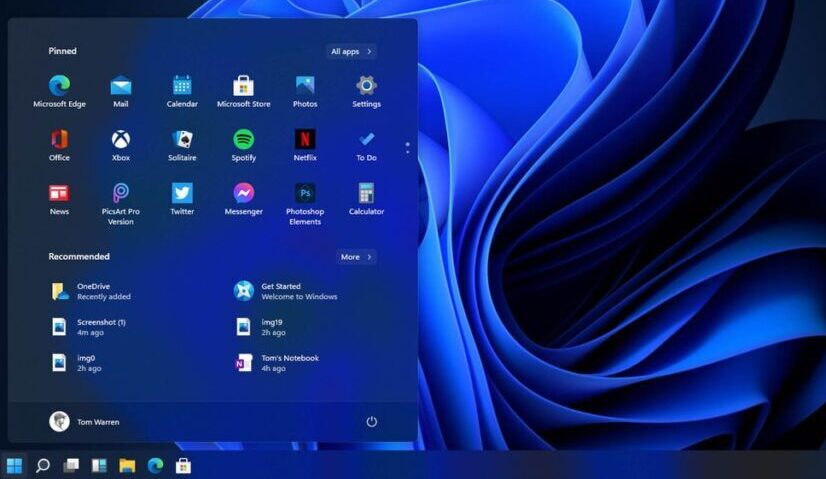VPN Alternatives: We may need to view region-restricted websites or films from time to time. In addition, people normally look for privacy and security when they use the Internet. In these instances, a VPN is typically selected, though it should be noted that there are other options.
A VPN is a good option for users who want to increase their browsing security by hiding their IP address (Internet Protocol) and encrypting their device’s network connection.
However, VPNs are not flawless; they might have inconsistent connections and even sell our data to third parties, as some free ones do. In this guide, we will look at some alternatives to using a VPN.
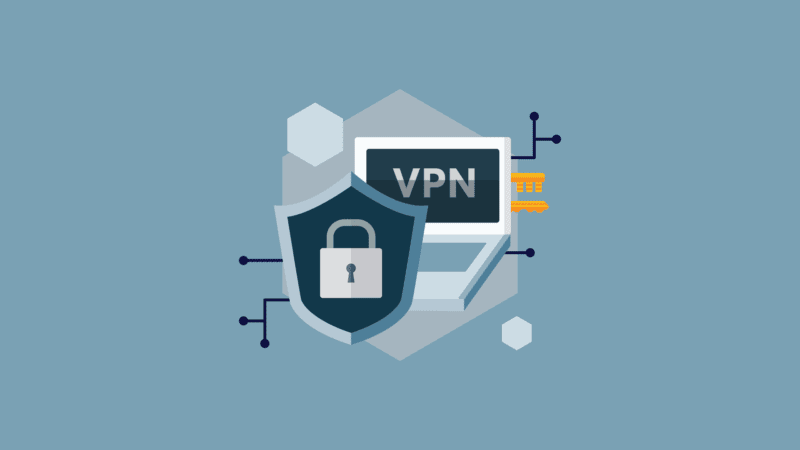
Best VPN Alternatives
If you do not want to use a VPN, here are a few other alternatives for browsing the Internet with great privacy and security.
You may also like: How to Setup a VPN on Your Router: Update Guide
SmartDNS
SmartDNS is the best VPN alternative service that works similarly to a proxy server, routing our Internet traffic through a remote server so that your IP and location cannot be deciphered.
However, unlike a proxy or VPN server, it does not redirect all of your Internet traffic. It usually redirects your DNS queries to its remote servers. A DNS query is a request from a user’s device to a server for information.
Unlike proxy servers, however, this option does not conceal your public IP address. With SmartDNS, you modify the location of your device so that it can access geographically restricted websites or material.
Aside from not requiring any encryption, SmartDNS can provide a significantly quicker connection speed than a VPN. Some websites, on the other hand, trace your IP to the VPN server and then ban your access because you are disguising your IP.
One thing to keep in mind is that SmartDNS does not mask your IP address or encrypt your data. As a result, it is a decent solution for users who merely want to access geo-blocked sites and material, but not for those who wish to improve their security and privacy.
You may also like: Best VPN: Top Free Unlimited VPN for PC
Zero Trust Networks (ZTNA)
The acronym ZTNA stands for Zero Trust Network Access, and it refers to the provision of negotiated access to data and applications within a network. This method of working prioritizes security and privacy. To access content and software, users must first verify their identity.
We receive the services of a VPN thanks to this type of technology, and we also work with a zero-trust approach. In the case of ZTNAs, we may claim that they are more suited to huge organizations with a large number of customers.
Its purpose is to prevent fraudsters from penetrating a whole network by limiting their access to what their verification allows them to access.
As a result, if an attacker gains access to a network, zero-trust security means that more obstacles must be overcome before reaching other regions.
It should be noted, however, that a user using ZTNA receives access via an encrypted tunnel, and their IP address is masked, just like a VPN does.
Proxy Server
Among the instruments that we have at our disposal to be able to strengthen your anonymity when browsing the Internet and that can also substitute a VPN, we can highlight the proxy server. We locate computer equipment that functions as an intermediate between a client and a server.
A proxy server operates in a relatively straightforward manner. When you make a request, it is routed through the proxy server and then to the desired web page or service.
The proxy IPs will be visible on that destination page or service, ensuring your anonymity. The response is then forwarded to the proxy, who sends it back to you.
Here are a few important points to consider regarding a VPN:
- Proxy servers don’t encrypt your Internet connection like a VPN does.
- The cache data used by proxies allows them to remember information such as passwords.
- A proxy works at the application level, for example, through your browser. Instead, a VPN works at the operating system level, so it affects all applications.
You may also like: The Best VPN Services
If you wish to mask your public IP address and gain access to regionally restricted content, a VPN server can be a good substitute for a VPN. However, you must exercise caution because personal data, such as browsing history, may be sold to third parties at times.
Would you like to read more about VPN alternatives-related articles? If so, we invite you to take a look at our other tech topics before you leave!
![]()








